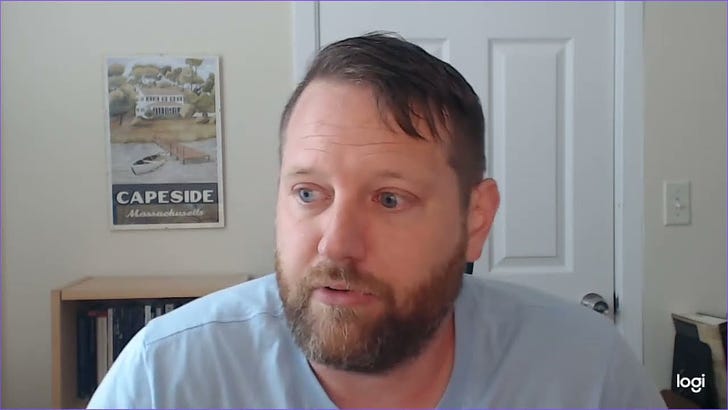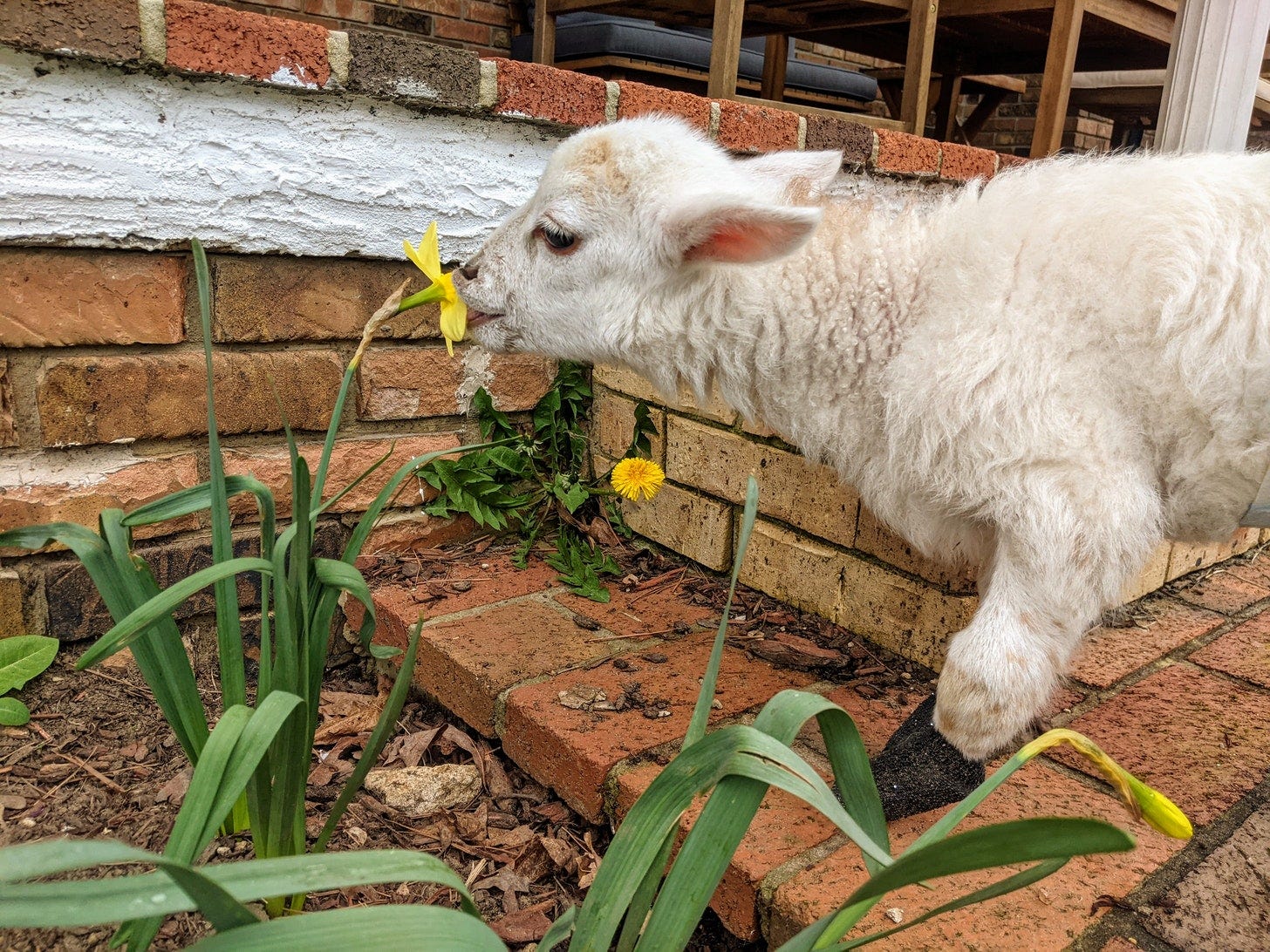Digest, 7/31/2021: America I've Given You All and Now I'm Nothing
the fourteenth weekly digest post
Here and here are the two recent pieces I mentioned where I discuss the practical dimensions of writing for a living.
One thing that I forgot to say: my purpose is not to try and talk people out of being writers or trying to write books specifically. My purpose is to help people know what they’re getting into. I’m a writer, and I love it. It happens that this is the only thing I’ve ever been good at. It feels really good to have my own book on my shelf, and I hope people who really want to share that feeling get a chance to. I just want people to understand: the notion that you should slum it as a freelancer at less-prestigious places until you break through to more prestigious places, where you will then definitely get paid what you’re worth, is a bad assumption. If you labor as a writer of shorter-form work under the assumption that you will eventually break through and get a book deal that will definitely pay you what you’re worth, that’s also a bad assumption. Money isn’t everything, some people indeed get rich, there’s lots of good lives you can live as a writer. But the money is dramatically worse than many people assume and I want people going into this job to be aware of that up front.
I had a lot of fun on the podcast Fucking Cancelled, by a couple of sexy young things from up in Montreal. We talked social justice norms and why they’re broken.
This Week’s Posts
Monday, July 26th - To Slightly Reduce How Much the Internet Sucks, Use Positive Reinforcement
A post about my decision to try and write less inflammatory stuff, a large drop in views in the two months since, and my thoughts about the relationship between hate and success in the crowdfunded economy. I also (vainly) asked people to try and urge writers they don’t like into more productive directions by using positive reinforcement. I hoped that this post would break the recent string of poor view numbers; it did not.
Tuesday, July 27th - Genes Still Matter (subscribers only)
Me, working through some of the issues regarding the genetics of human behavior, who’s allowed to talk about it, how the conversation gets derailed, and how the inevitable misguided racism accusations curtail our ability to talk these things out.
I'm Pro-Natalist But Don't Get the Moral Case for Pro-Natalism
This one was supposed to be a light one, just me thinking through some ideas, here the moral case for the pro-natalist government programs I support. I particularly wanted to inspire some thoughtful comments on this one, and I certainly did. A vocal minority did not care for the breezier, more speculative style of this piece and wanted me to do more research.
Thursday, July 29th - Everything Gawker Existed to Satirize Has Been Destroyed
At the occasion of the rebirth of Gawker, I talk a little bit about why the Gawker moment is well and truly gone. In brief: the social scene of NYC media appeared to be drifting apart prior to Covid and it’s unclear if it will ever coalesce again, the media and publishing worlds early Gawker skewered have been radically changed by decades of financial decline, and as our culture is no longer centered around communal experiences or obsessions, due to the fragmentation of everything, there’s precious little that seems worthy of making fun of.
Friday, July 30th - What’s a Benefit? (subscribers only)
In conversation with a piece by Matt Bruenig, I discuss my stance toward decommodification and its place in a broader socialist intellectual landscape, and what I think has been lost when socialism simply means the government paying for stuff.
And this past week I revealed Chapter Three of the Red, the Brown, the Green.
From the Archives
I keep thinking that I’ll write for you guys about my adoration for the late, great British fantasy writer Diana Wynne Jones, only to remember that I already have. She was my true north as a read from 8 years old to 14 years old, give or take, thanks to her perceptiveness, her kindness, and her understanding that the only way to accurately portray childhood was to be unsparing about its tendency towards cruelty and loss. Read more at the link.
With fantasy, it’s not just about the degree of someone’s imagination, but the style, and Jones imagined unlike anyone else. It’s a well-worn notion that the trick in fantasy lies in how to describe the mundane, and at that task, Jones had few peers. Her worlds are lived-in and worn, never terrifying but never quite comfortable, filled with details as familiar as your grandmother’s house but as disconcerting and alien as a dream. Her settings are frequently cold and foreboding, but her characters are warm and familiar, her books filled with knowing, kind, distracted, difficult, smart, flawed, headstrong, clumsy, misunderstanding people. People in Jones’s books are forever hurting each other through their distraction, or through their misunderstanding, or very often, through their genuine desire to help. There is warmth and friendliness in her world, but there is also the real-life condition of the endless harms we pile up on the people we love and do not understand.
Song of the Week
This project the Smithsfits, which mashes up the Smiths and Misfits, is brilliant in general, but this is my personal favorite. Picture perfect.
Substack of the Week
AffirmationChickens, by AC Shilton
Lord knows I’m comprehensively alienated from online affirmation and positivity cultures, but for some reason when it comes in the voice of barnyard animals and packaged with pictures of chickens and updates from Good Spirits Farm, I’m on board. I suspect a lot of you will be, too.
Book Recommendation
Ahab’s Wife, or the Star-Gazer, Sena Jeter Naslund, 1999
I recommend this book to you on the occasion of my re-reading Moby Dick, the first time I’ve read it since college. Now maybe a hundred pages deep, it seems strangely clear to me that I will re-read Ahab’s Wife next. This book was released to great fanfare at the time, as well as great sales, and there was a period when I thought it would ascend from highly-regarded award-winner to “the canon.” (Please attach as many layers of irony to that phrase as the cool kids now deem necessary.) But I don’t see it talked about much. I know that it’s divisive, or maybe more accurately, became so after it had developed its reputation and garnered its laurels. I kind of get the backlash: the meanest thing I saw about it in Goodreads reviews compared it to Forrest Gump, and there is that same contrived “and then a famous person walked in” aspect to the second half of the book. But while I can understand finding that a turnoff, for me it just deepened everything I liked about the book. For me, this novel is all about luxuriating in the kind of New England seaside-town porn that animates the first part of Moby Dick, the vibe perfectly captured by that enchanting cover image. And while I usually avoid the term “lyrical,” used in the cover blurb, I confess that it really fits here; I am taken with Naslund’s prose. If you aren’t, you’ll realize it right away, and you won’t dig this novel. For me, it’s a book I long to read in the window of a seaside tavern on Cape Cod, drinking dark beer as I watch fishing boats navigate the harbor.
Comment of the Week
I feel like we're in a pre-Gattaca moment. - Geoff Paterson
Me too, Geoff, me too.
That’s it for me this week! See you soon.





I somehow missed that first post "If you want to make it as a writer" the first time around... anyone on the fence about reading it, here's a sample paragraph:
"They say that as you age you lose your sense of moral clarity. I think instead we gain a greater sense of moral clarity that grows at the same rate as our understanding that the world is impossibly complicated, including morally. You don’t lose passionate moral judgment. You find instead that all of that passion is inevitably refracted into many conflicting directions by the irreducible complexity of ethical life. You accept in exhaustion that your sense of right and wrong is no match for the fractally multiplying array of judgments that life will put in front of you day by day."
Very well put!
And if the piece starts with this clear-eyed piece of truth, it becomes a mordant and sadly bullseye-precise description of the writing landscape. I'm married to a writer, and I'd never for a second regret it, but I nodded my head so much reading along that I think I need a neck brace.
If you're trying to find the Fucking Cancelled podcast via search rather than the link, note the two 'l's in "Cancelled"; Overcast's search (driven by Apple's index) requires that spelling to find it.